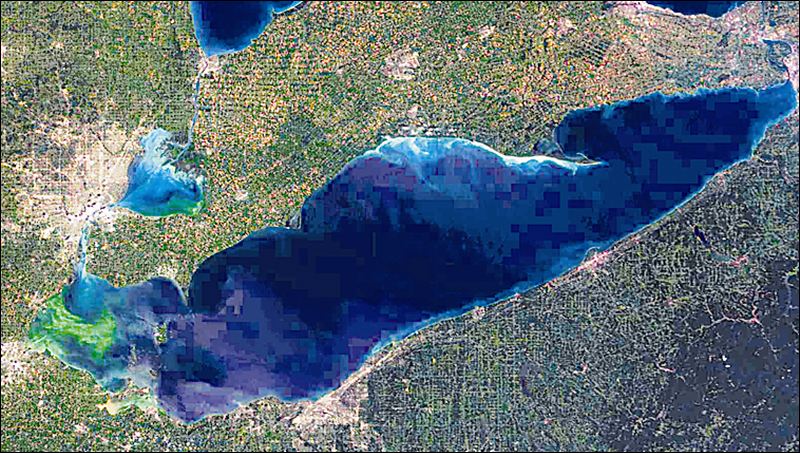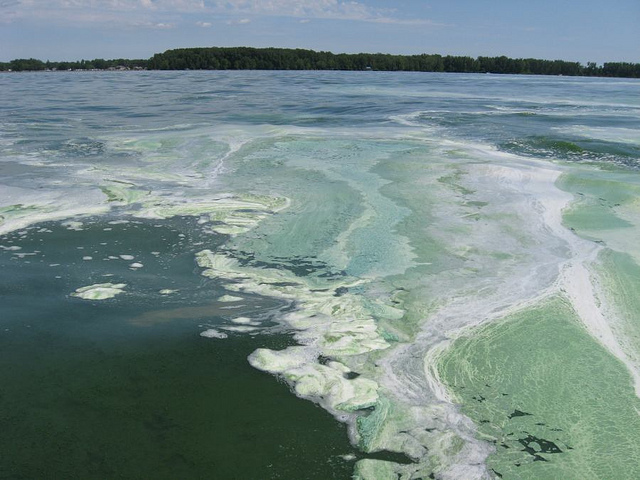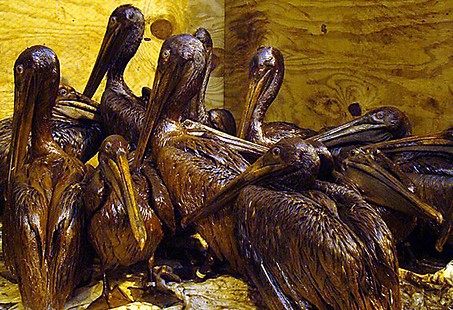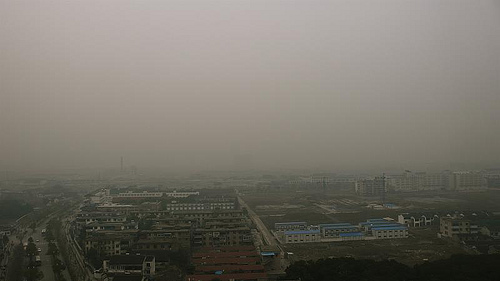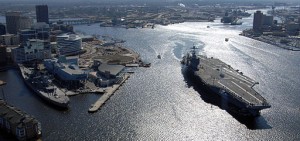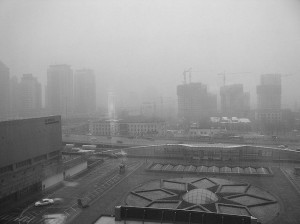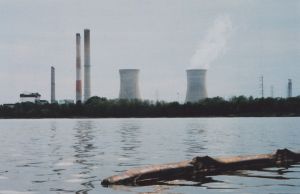Podcast: Play in new window | Download
Subscribe: RSS

We may admire the first person ever to eat an oyster, like this one from the Pacific Northwest. We may soon meet the last, because of rapid ocean acidification. (Photo by adactio/Flickr).
To the extent that we talk, think or do anything about the threat of the industrial age’s rampant and accelerating pollution of air, water and land, we focus these days on climate change. It is a serious effect (serious enough to induce blindness and deafness in nine out of ten candidates for the Republican presidential nomination), but far from the only serious effect of industrial pollution. The same stuff that’s making our atmosphere warmer is turning our oceans to acid — and, little noticed outside the shellfish industry, has very nearly removed oysters from the national menu. Continue reading
